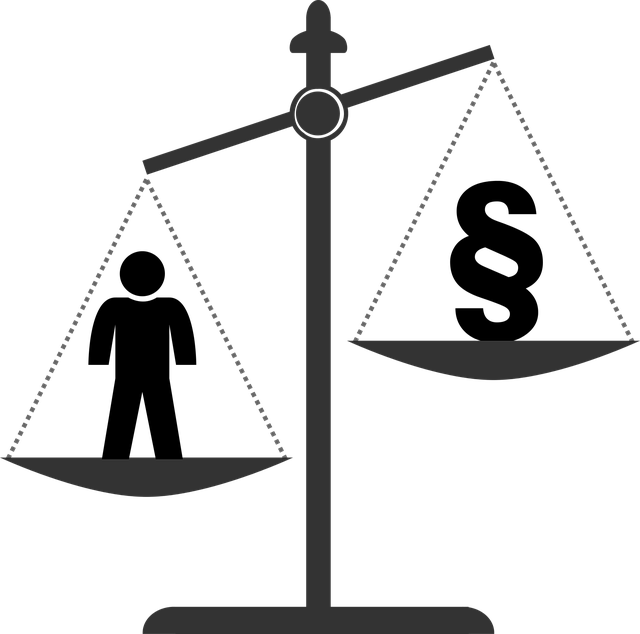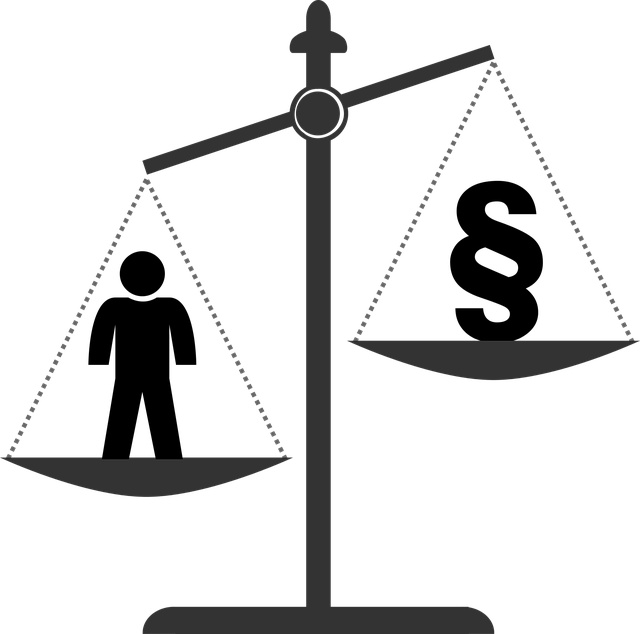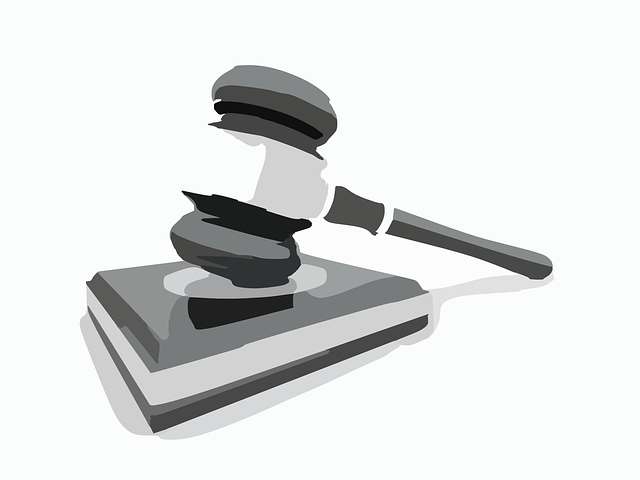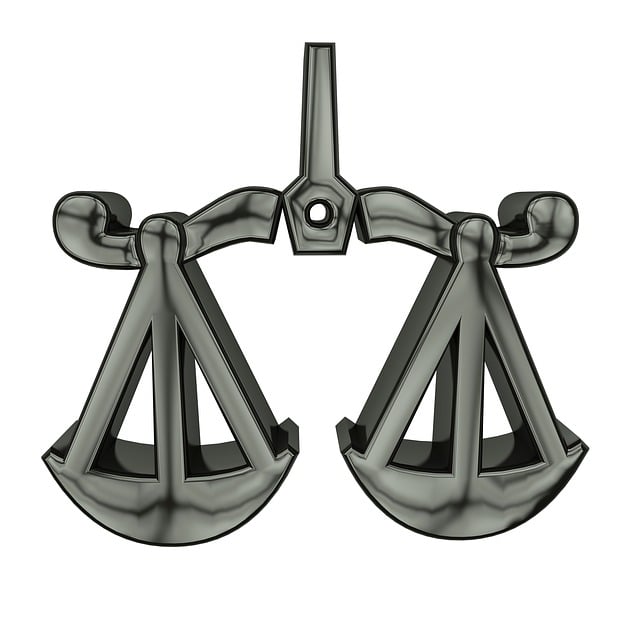Securities class actions leverage collective legal efforts to hold accountable entities involved in securities fraud or misconduct. Understanding how prior convictions impact sentencing outcomes is crucial, as they heavily influence court-imposed penalties. In cases of white-collar crimes, repeat offenders often face harsher sentences due to their criminal history. Legal teams must strategize to mitigate the effects of past transgressions by highlighting rehabilitation and cooperation, aiming for favorable verdicts while ensuring fair treatment. Real-world examples like financial fraud scandals demonstrate that defendants with prior convictions face severe penalties, emphasizing the need for effective general criminal defense strategies to address these disparities.
Securities Class Actions delve into the intricate legal landscape where investors unite against corporate misconduct. This comprehensive guide examines the multifaceted impact of prior convictions on sentencing outcomes in securities cases, exploring key frameworks and guidelines. We analyze real-world examples to understand how past offenses shape current penalties, offering insights into strategies for mitigating their effect. By delving into these complexities, we aim to provide a robust perspective on navigating the challenges posed by prior convictions within the securities class action realm.
- Understanding Securities Class Actions: A Legal Framework
- The Impact of Prior Convictions: An In-Depth Analysis
- Sentencing Guidelines and Their Application in Securities Cases
- Real-World Examples: Case Studies of Influenced Sentences
- Strategies for Mitigating the Effect of Past Offenses at Sentencing
Understanding Securities Class Actions: A Legal Framework

Securities Class Actions involve collective legal proceedings where investors band together to hold accountable entities responsible for securities fraud or misconduct. This legal framework is a powerful tool, enabling affected parties to seek redress and recover losses sustained due to deceptive practices. The cornerstone of this process lies in understanding prior convictions’ impact on sentencing outcomes.
In the context of securities law, previous criminal findings significantly influence subsequent legal proceedings. These convictions serve as a critical factor in determining penalties, with courts often considering them when assessing the severity of the misconduct and the need for deterrence. Achieving extraordinary results in such cases requires a deep understanding of both the legal precedents and the broader implications for philanthropic and political communities, ensuring justice is not only served but also inspires meaningful reforms.
The Impact of Prior Convictions: An In-Depth Analysis

Prior convictions significantly shape sentencing outcomes in securities class actions, often carrying substantial weight in court decisions. When assessing punishment for a current offense, judges frequently consider an individual’s criminal history, with prior convictions potentially leading to harsher sentences. This is particularly pertinent in white-collar and economic crimes cases, where repeat offenders may face heightened scrutiny. The impact of these past transgressions can result in longer prison terms, substantial fines, or both, depending on the severity of the initial conviction(s) and the nature of the current offense.
For corporate clients or individuals accused of securities fraud or related offenses, building a winning challenging defense strategy must account for this factor. Legal teams often argue for reduced penalties by emphasizing rehabilitation, cooperation with authorities, and efforts to rectify past mistakes. Presenting a compelling case that demonstrates a client’s reform can mitigate the effects of prior convictions on sentencing. This approach not only focuses on achieving favorable verdicts but also ensures that corporate and individual clients receive fair treatment, especially when facing complex white-collar and economic crimes allegations.
Sentencing Guidelines and Their Application in Securities Cases

In securities class action cases, sentencing guidelines play a crucial role in determining the outcomes for companies and individuals found guilty of fraud or misconduct. These guidelines are designed to ensure fairness and consistency in punishment, but their application can be complex. One significant factor influencing sentencing is the defendant’s prior convictions, especially in high-stakes cases. A history of financial crimes or similar offenses can lead to harsher penalties, as the court considers repeat offenders a greater threat to market integrity. This is particularly true for white collar defense, where intricate legal strategies often accompany complex financial schemes.
The impact of prior convictions on sentencing outcomes is significant. For instance, if an individual has been convicted previously for securities fraud or related charges, the current sentence may include longer prison terms and substantial fines. This approach aims to deter future misconduct and compensate affected investors. However, defendants with strong legal arguments and a solid defense strategy might be able to achieve extraordinary results, such as reduced sentences or even acquittals, despite their prior convictions.
Real-World Examples: Case Studies of Influenced Sentences

In the realm of securities class actions, understanding how prior convictions affect sentencing outcomes is crucial. Real-world examples, such as high-profile cases involving financial fraud, illustrate this point vividly. For instance, a prominent executive found guilty of securities fraud and insider trading received a significantly harsher sentence due to his previous criminal record, which included a conviction for tax evasion. This demonstrates the impact of prior convictions on subsequent legal proceedings, where sentencing judges often consider a defendant’s history as a factor in determining punishment.
These case studies highlight the importance of competent general criminal defense strategies. A well-prepared defense can advocate for a complete dismissal of all charges or significantly mitigate the consequences for individuals facing securities class action lawsuits. Moreover, philanthropic and political communities have taken note of these trends, recognizing the need to address sentencing disparities and promote fairness in legal outcomes, especially for those with prior convictions.
Strategies for Mitigating the Effect of Past Offenses at Sentencing

When it comes to sentencing in securities class action cases, one of the key considerations is how prior convictions or criminal history impact the outcome. In many jurisdictions, a defendant’s past offenses are taken into account, which can significantly influence the severity of the sentence. Strategies for mitigating this effect often revolve around presenting a compelling argument for leniency and demonstrating genuine remorse. Legal teams employed by defendants in these cases may focus on several key areas:
They might argue that the prior convictions were isolated incidents or driven by extenuating circumstances, aiming to paint a picture of personal growth and rehabilitation since then. Additionally, emphasizing the defendant’s cooperation and assistance in the current case as a sign of sincerity can be beneficial. In some instances, seeking a complete dismissal of all charges through robust general criminal defense strategies, including challenging the admissibility of evidence or raising procedural defenses, could also potentially alter the sentencing landscape.
Securities class actions are complex legal landscapes where understanding the interplay between prior convictions and sentencing outcomes is crucial. This article has explored various facets, from the legal framework governing these actions to real-world case studies illustrating their impact. By delving into the application of sentencing guidelines and strategies for mitigating past offenses, we’ve underscored the importance of navigating these challenges effectively. In light of these insights, it’s clear that recognizing How Prior Convictions Affect Sentencing Outcomes is essential for achieving fair and proportionate justice in securities cases.






